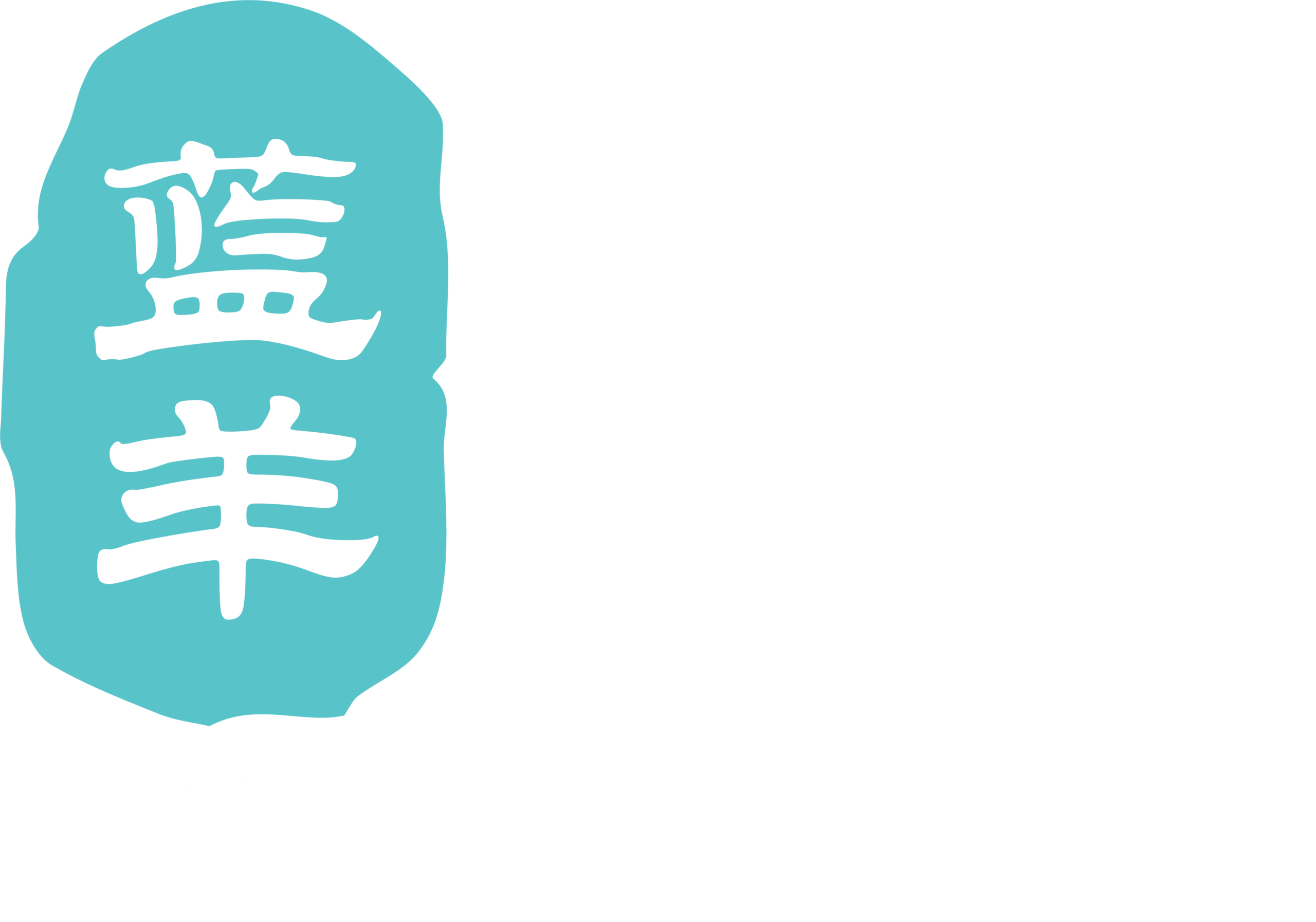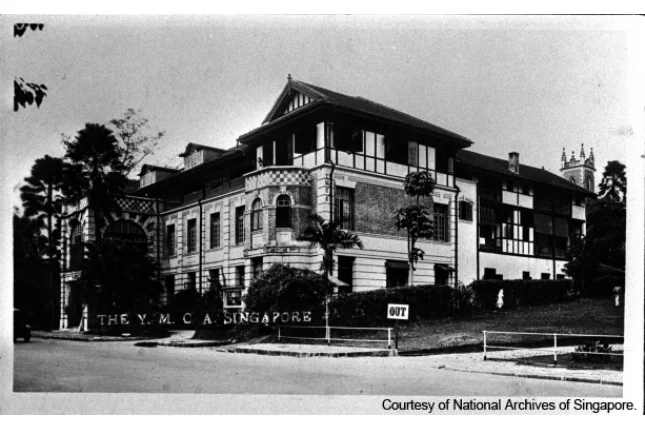Growing up, I was surrounded by family narratives – stories about my grandfather repeated so often that I accepted them as unquestionable truths. For years, I believed he was the oldest son of my great-grandfather, a narrative passed down through generations.
It was only when I discovered our family’s jiapu (家谱) – a traditional Chinese genealogical record – that I uncovered a startling revelation. My grandfather was actually the third son among twenty-two brothers, a fact that completely reshaped my understanding of our family’s history. Even more striking was the realization that the daughters were entirely absent from these records – a common practice that speaks volumes about historical gender dynamics.
The misconception about his birth order arose because the two eldest sons never migrated to Singapore and Malaysia, remaining rooted in our ancestral home of Dabu, Guangdong, China. This discovery taught me a crucial lesson: family stories are precious, but they’re not always entirely accurate.
Why Family Stories Matter
These seemingly repetitive tales from older relatives are more than just anecdotes. They are living bridges connecting us to our past. As our elders age – many now in their 70s, 80s, or even 90s – these stories become increasingly fragile. Soon, there may be no one left to share them.
My teenage sons may not yet understand my passion for family history. Their indifference is typical of youth, but I’m creating this record with hope. One day, they might want to know where they come from, and this documentation will be their inheritance.
A Guide to Discovering Your Family’s Story
For those ready to embark on a similar journey, here are practical steps to uncover your family’s heritage:
- Engage with Elders
- Sit down and listen. Really listen.
- Record their stories – audio, video, or written notes.
- Ask specific questions about family origins, traditions, and memories.
- Document Meticulously
- Collect and preserve old documents
- Secure original records like marriage certificates, birth records
- Photograph and digitize these precious memories
- Focus on Accurate Documentation
- Record actual Chinese names (not just English translations)
- Capture names in Chinese characters
- Learn the importance of Hanyu Pinyin for research
- Trace Your Ancestral Roots
- Ask elderly relatives about your ancestral village
- Seek precise location details in Chinese characters
- This information is gold for genealogical research
Interestingly, I discovered a small point of pride: my ancestral village is the same as that of Singapore’s founding father, Lee Kuan Yew – a connection that bridges personal and national history.
It’s Your Turn Now
Time is our most limited resource when it comes to family history. The stories of our elders are fleeting, waiting to be captured, preserved, and passed down. Don’t wait. Start your heritage journey now.
To genealogy researchers or companies specializing in family history, the more precise information you can provide, the more effectively they can help you unravel your family’s unique narrative.
Your family’s story is waiting to be told. Will you be the one to tell it?




